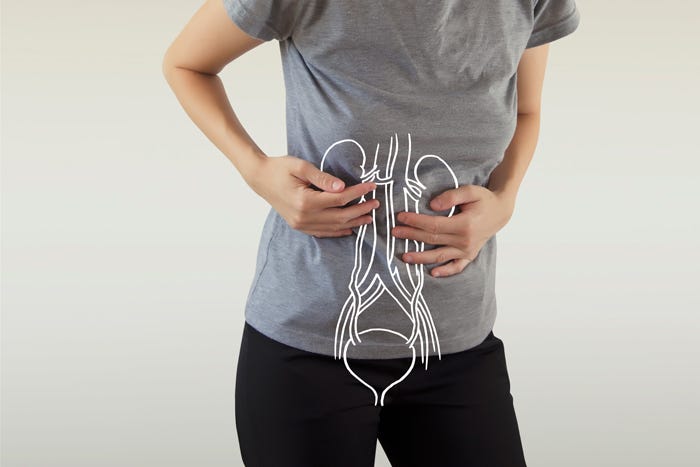An enlarged prostate, medically known as benign prostatic hyperplasia (BPH), is a common condition among older men. It occurs when the prostate gland, which surrounds the urethra (the tube through which urine flows out of the bladder), grows larger than usual. This enlargement can cause various signs and symptoms that can affect urinary function and overall quality of life.

Here are the key signs and symptoms associated with BPH:
- Frequent or Urgent Need to Urinate: Men with BPH often experience a sudden and urgent need to urinate, which may occur frequently throughout the day and night (notaria). This can disrupt sleep patterns and lead to fatigue.
- Difficulty Starting Urination: A common symptom of BPH is difficulty initiating the urinary stream. This may manifest as straining or pushing to begin urination.
- Weak Urinary Stream: As the prostate gland enlarges, it can compress the urethra, leading to a weakened urinary stream. Men may notice that their urine stream is weaker than it used to be.
- Incomplete Emptying of the Bladder: BPH can interfere with the complete emptying of the bladder, leaving some urine behind. This can cause a feeling of incomplete voiding and may increase the frequency of urination.
- Dribbling at the End of Urination: After urination, some men with BPH may experience dribbling or leaking of urine, which can be bothersome and lead to damp undergarments.
- Bladder Infections: In some cases, BPH can increase the risk of urinary tract infections (UTIs) due to incomplete bladder emptying.
- Blood in Urine or Semen: While less common, some men with BPH may notice blood in their urine or semen. This requires medical evaluation to determine the cause.
- Bladder Stones: Chronic urinary retention from severe BPH can sometimes lead to the formation of bladder stones, which may cause additional discomfort and complications.
- Complications: Severe BPH can lead to more serious complications such as acute urinary retention (sudden inability to urinate), bladder damage, or kidney problems if left untreated.
It’s important to note that the severity and combination of symptoms can vary among individuals with BPH. Not all men with an enlarged prostate will experience all of these symptoms, and some may have mild symptoms that do not significantly impact their daily lives.
If you or someone you know is experiencing symptoms suggestive of BPH, it is advisable to seek medical evaluation and guidance. Effective treatments are available to manage BPH and improve symptoms, ranging from lifestyle changes and medications to surgical procedures in more severe cases. Early diagnosis and intervention can help mitigate symptoms and prevent complications associated with this common condition.
Comments
Post a Comment